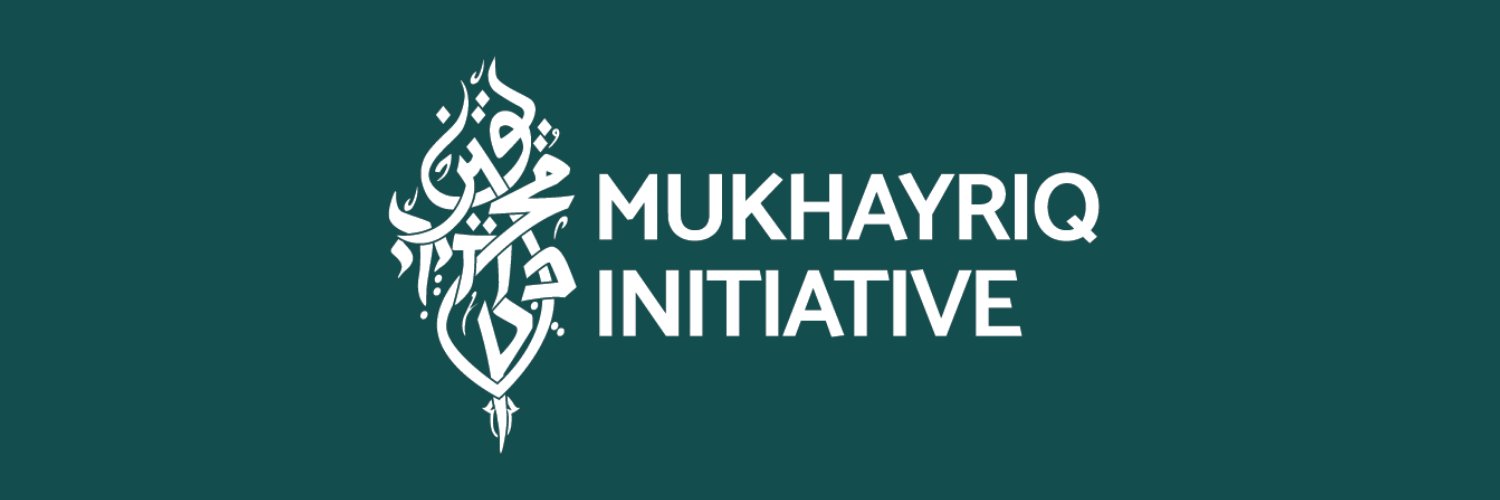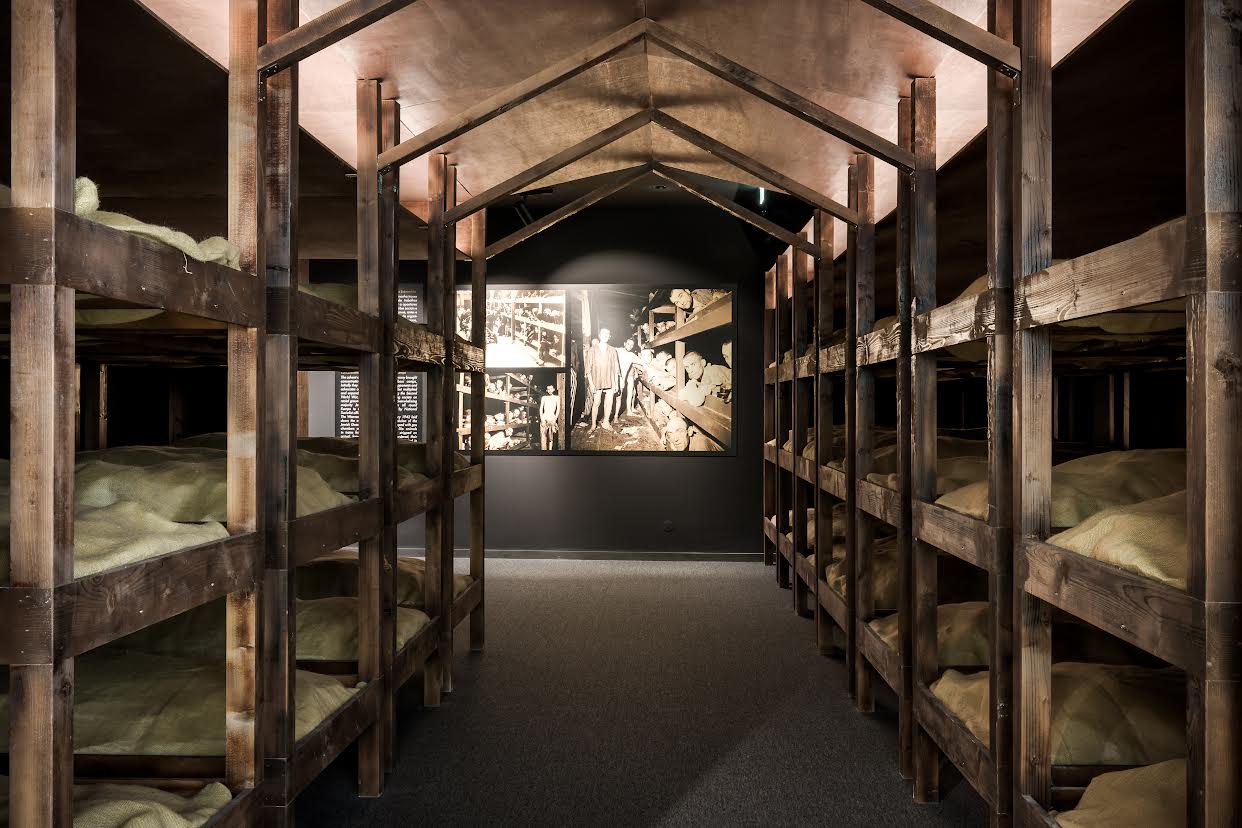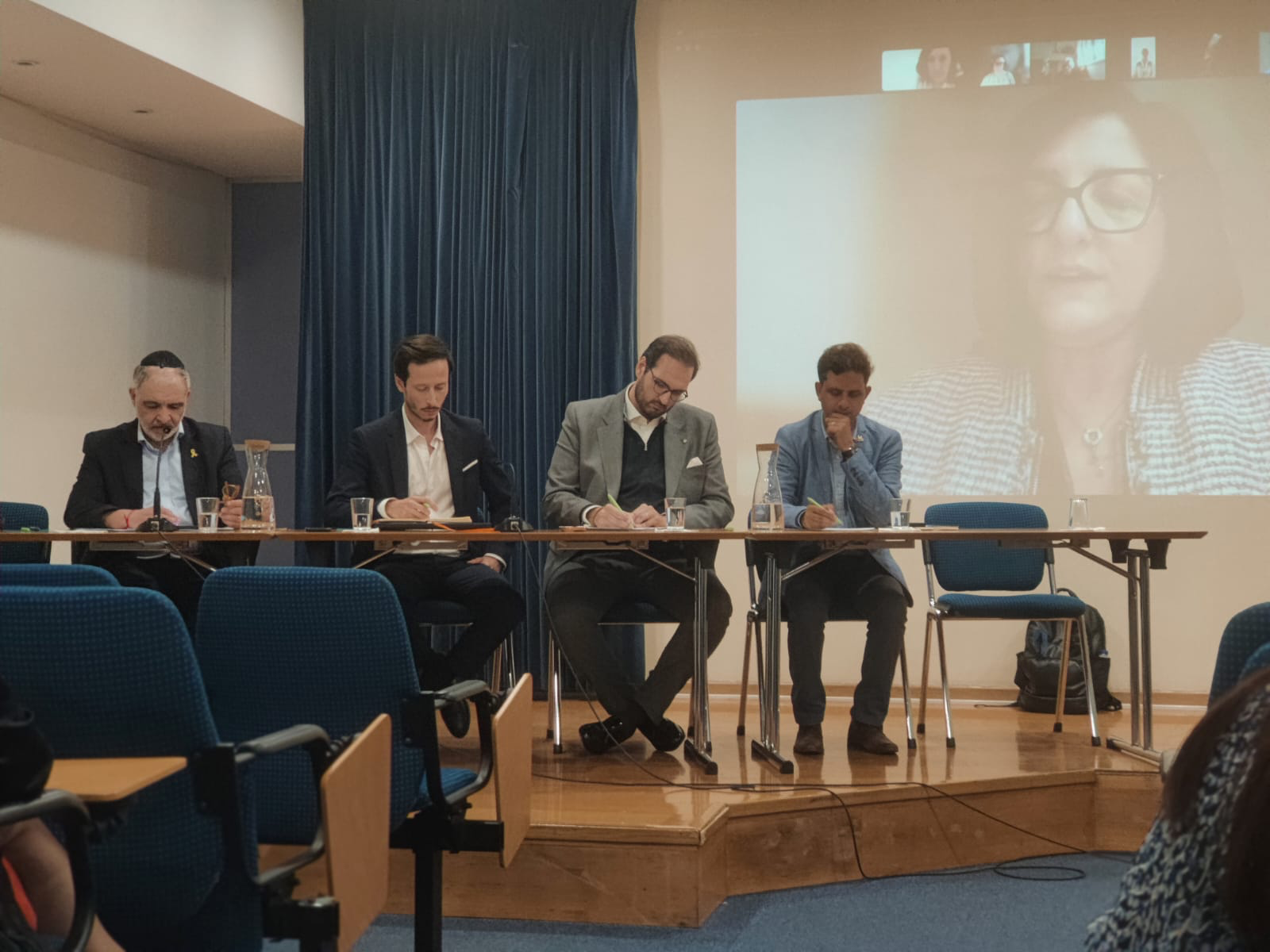Fear paralyses progress. For too long, many Jews and Muslims have been afraid to speak to one another, leaving each community evermore entrenched in their own world views and detached from those of the other. This has given rise to ever-increasing ignorance and hatred, which has poisoned what was once an often brotherly relationship – and it’s about time this stops.
Named after a long-forgotten rabbi who gave his life defending the Prophet Muhammad in an epic 7th century battle, the Mukhayriq initiative will celebrate the great moments of historical brotherhood between Muslims and Jews so often neglected in today’s communal discourse. We believe that educating our communities about positive shared history can serve as a formidable antidote against the sweeping generalizations poisoning communal relations in recent times. The Jewish community of Oporto is one of the founding members of this project.
With antisemitic hate crimes skyrocketing during the latest Israel-Gaza flareup and Islamophobia also on the rise, the need to discuss this history and source inspiration from it in today’s political context becomes all-the-more evident. Since real bonds are only forged through honesty, the initiative will foster these discussions without preconditions, with authenticity and depth guaranteed every step of the way. Honesty can hurt, but goodwill is what matters most – and it is in this spirit that the Mukhayriq Initiative will kickstart an exciting new dialogue between Muslims and Jews.
Since the dawn of Islam in the early 7th century, Muslims and Jews have repeatedly worked with each other to produce incredible moments of interreligious partnership. The first such example dates all the way back to 625 AD in the Arabian Desert, when Jewish leader Rabbi Mukhayriq made the ultimate decision to ally himself and his tribe of Tha’labah with the Prophet Muhammad during the Battle of Uhud.
Prior to the battle, Rabbi Mukhayriq and the Prophet Muhammad had been very close friends. The bond first emerged in 622 AD, when the prominent rabbi warmly welcomed Islam’s founder into Medina as he fled persecution in Mecca. Shortly after his arrival, Mukhayriq and Muhammad signed the famous Constitution of Medina, alongside an array of other local Jewish leaders. The document guaranteed religious freedom and interreligious allyship, a groundbreaking event for its time.
Just three years later, the allyship forged between Muslims and Jews in Medina was put to the test. Not only was an invasion launched by an enemy power to crush the Muslims, but the day was a Friday – part of the Jewish sabbath. Initially, Mukhayriq’s people refused to fight, telling their leader that respecting the sabbath was of paramount importance. However, Mukhayriq instructed his men to fight regardless. Going above and beyond what was agreed within the Constitution of Medina, he even declared that should he die, all his property should be endowed to Muhammad to be used for charitable purposes.
When the fateful moment eventually came, Muhammad was devastated. He immediately had a special grave made for the rabbi, whom he later called “the most outstanding among the Jews”. The wealth which Muhammad inherited included seven orchards, which he later incorporated into Islam’s first waqf (charitable trust) to benefit widows and orphans. Incredibly, the rabbi’s orchards still exist to this day and continue to function as the world’s oldest waqf.
The story of Rabbi Mukhayriq shows that Muslims and Jews are not destined to be enemies. While there’s no denying that communal relations have taken a significant hit over the past few decades, particularly in light of the ongoing Israeli-Palestinian conflict, history shows us that our communities can realize amazing achievements together if we are truly up for the challenge.
When Rabbi Mukhayriq and the Prophet Muhammad signed the Constitution of Medina, they did so to bring peace and respect between the city’s Muslim and Jewish inhabitants. Building on this legacy, this initiative will foster greater mutual understandings between Muslim and Jewish communities around the world. Where there once existed a common external enemy faced by both communities in the invading forces from Mecca, today there exists a common enemy of more internal nature; inter-religious hatred. With cases of Islamist antisemitism and Western Islamophobia hitting record highs in past years, defeating this common enemy together has become more important than ever.
Recent developments such as the Abraham Accords have given new hope to this mission, but more needs to be done to get people talking at the grassroots level. In other words, we need to export the thinking behind the Abraham Accords to Muslim and Jewish communities around the globe. We long for a world in which more Muslims can proudly denounce Islamist antisemitism, and more Jews can proudly condemn Western Islamophobia even if it comes from voices that are otherwise sympathetic to our national cause.
Importantly, our main focus will be on getting the mainstream of both communities to talk. Dissenting opinions are a healthy part of any communal discourse, but true peace can only be achieved when the majority constituents of both groups accept and respect each other.
What we need is a fresh burst of honest, open-ended conversations between mainstream Muslim and Jewish voices, which the initiative will actively create.
Many projects have been tried in recent decades, but none have managed to substantively improve Muslims-Jewish relations on the scale that we would like to see.
What makes the Mukhayriq Initiative different from previous attempts is two-fold:
1) Bringing the mainstream elements of both communities together will be the chief focus. In other words, no more of the “picking out fringe voices” game so often observed in recent years, wherein one community dishonestly pushes their agenda by tokenizing a dissenting voice in the other. We recognize that this sort of discourse has never achieved anything productive, and that lasting intercommunal peace can only be made between the mainstreams of both groups.
2) This is an intercommunal initiative. Numerous events have been done in the past, in which figures from both communities come together to make broad statements against antisemitism and Islamophobia. Yet, as well-meaning as these projects are, they rarely delve into much substance. In contrast, the Mukhayriq Initiative will not shy away from any sensitive topics, valuing the importance of discussing them in good faith over “avoiding offense at all costs”.
The proliferation of antisemitism must be tirelessly fought against, just as the proliferation of Islamophobia ought to, wherever it comes from. In the spirit of Rabbi Mukhayriq, the best way we can defeat this common enemy is by fearlessly working on it together – the central aim of this initiative.



































